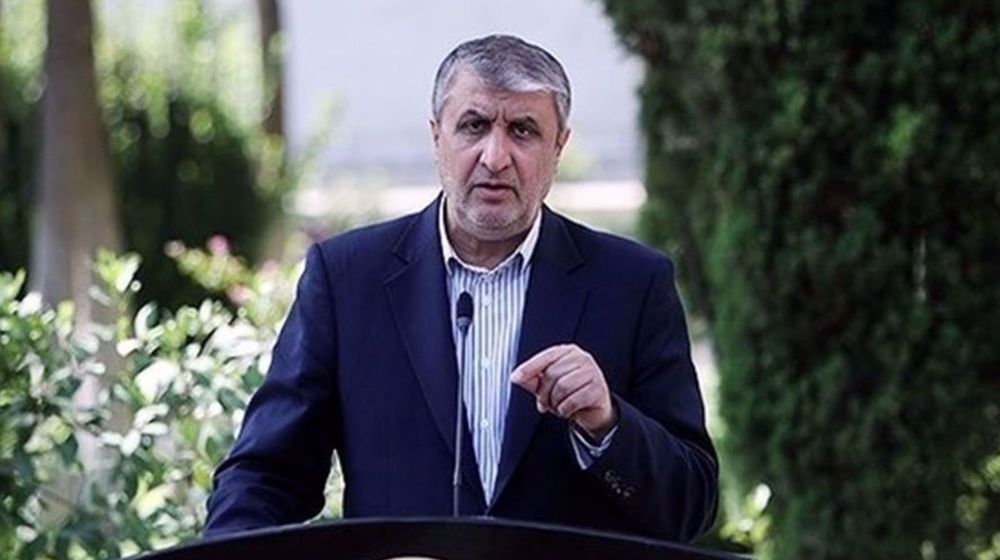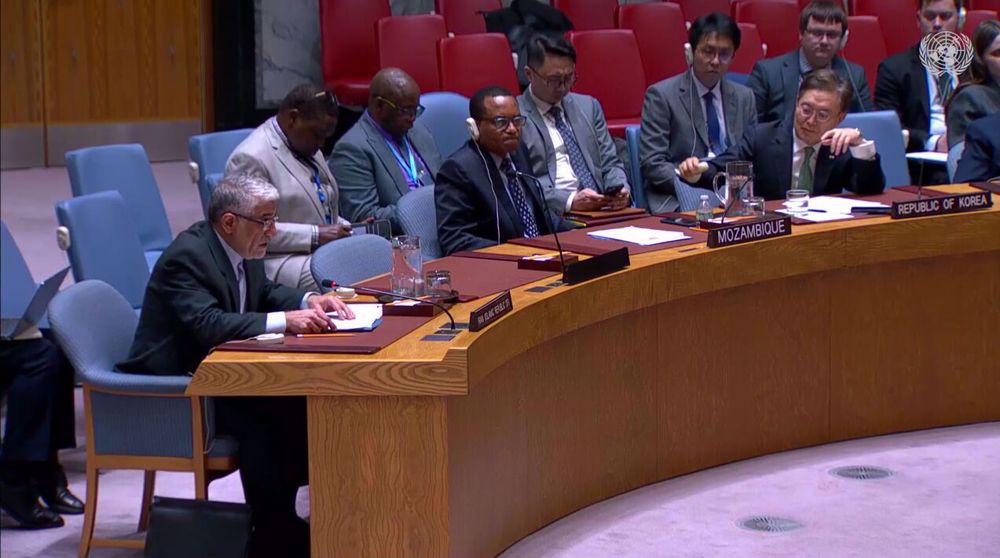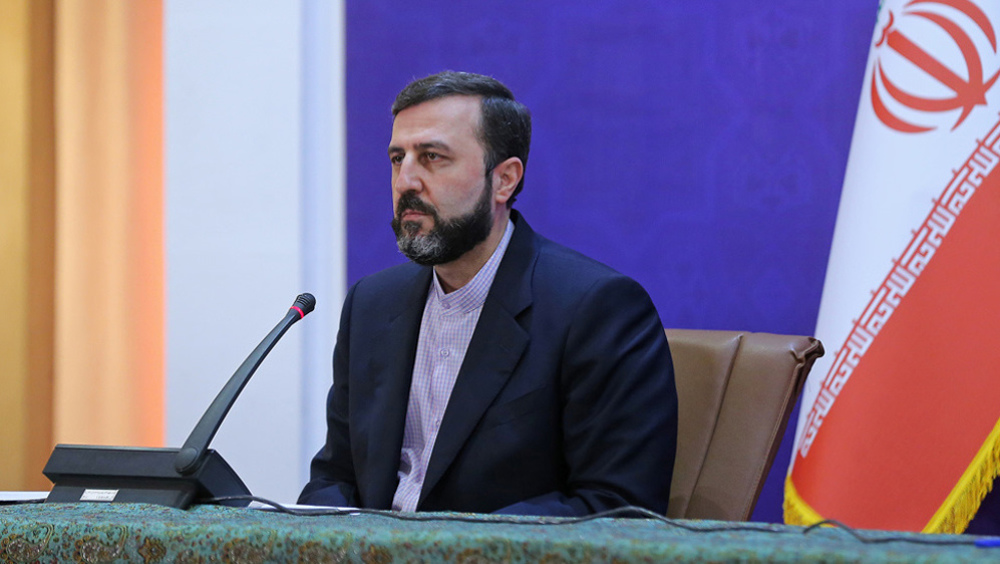Iran, Russia to ink heavy water deal 'soon'
Iran and Russia will sign a deal soon for the sale of 40 tonnes of heavy water, the head of the Atomic Energy Organization of Iran (AEOI) says.
“Final steps have been taken towards the sale of 40 tonnes of heavy water produced by our country to Russia and the relevant agreement will be signed soon,” Salehi said on Saturday.
Major European companies, which he didn't specify, have also proposed to buy heavy water from Iran, he added.
“So far, we have negotiated to sell a consignment of 10-15 tonnes to one country and another to some other country in the European Union, the names of which we do not divulge for the time being,” Salehi said.
He also said Iran has so far transferred 32 tonnes of heavy water to the US and been paid for its value.
Salehi further touched on various usages of the commodity in pharmaceutical and chemical industries as well as its application in nuclear fusion for generating electricity.
Earlier this month, Salehi and Vice President for Science and Technology Sorena Sattari visited the Cadarache research center for nuclear power in France to discuss Iran's participation in an international project to generate power from nuclear fusion.
Salehi said on Saturday Iran produces 20 tonnes of heavy water per year, adding the volume can be increased but the country is currently focused on improving the purity of the produce.
The official said the heavy water produced by Iran enjoys 99.95-percent purity.
“The commodity’s quality has been verified in the best US laboratories. Given that only a small number of countries produce heavy water, we are among the most exceptional ones in this regard.”
In April, the US government completed a $8.6-million deal to buy 32 tons of heavy water from Iran. A month later, US lawmakers voted for a bill that would prohibit such purchases. The measure is yet to be approved by the US Senate.
“Even if they do not buy from us, we would keep it in storage as…the commodity is not perishable,” the AEOI chief asserted.
Iran's sale of heavy water is carried out under a nuclear accord reached with the P5+1 group of countries - the US, Britain, Russia, France, China, and Germany - on July 14, 2015.
Under the deal, Iran agreed to limit its nuclear program and provide enhanced access to international atomic monitors in return for the removal of all nuclear-related sanctions against the Islamic Republic.
Salehi said some countermeasures have been taken in order to reverse restrictions placed on the country’s nuclear activities should the other side violate the deal.
Israel provides full support for theft of aid to starve Gazans: Report
'Israel booby-trapped walkie-talkies, pagers years before Lebanon blasts'
Gaza Health Ministry calls for urgent intl. help to protect hospitals amid Israeli genocide
Stakes involved in Iran’s partnership with Eurasian Union
VIDEO | Press TV's news headlines
Iran says ‘ready’ to reopen embassy in Syria, holds talks with Damascus
VIDEO | 12 people killed in ammunition factory blast in northwest Turkey
Iraq’s PMU masses resistance forces on border with Syria amid mounting concerns















 This makes it easy to access the Press TV website
This makes it easy to access the Press TV website